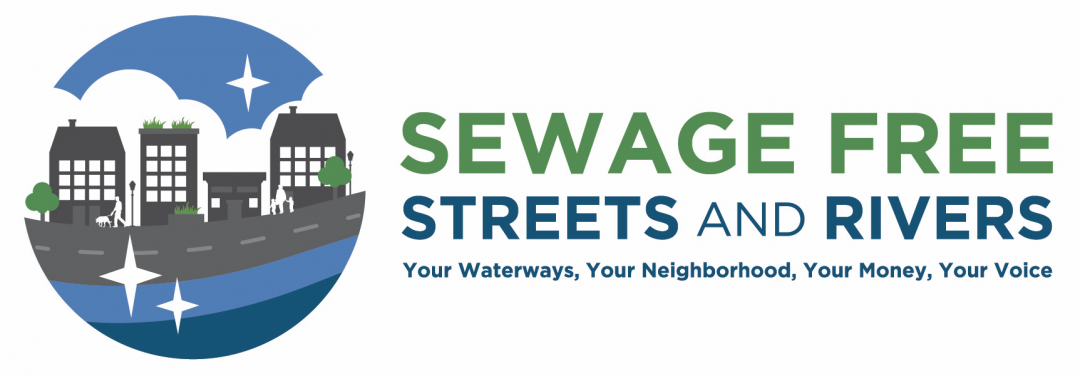
The New Jersey Department of Environmental Protection (NJDEP) has been working around the clock to review the combined sewer overflow (CSO) Long Term Control Plans (LTCPs) and issue response letters to the permit holders with comments, questions, and requests for clarification. On May 7, 2021 the first response letters were sent to a few of the permit holders and were posted on the NJDEP Division of Water Quality CSO website. A few more were posted in mid-May, and we expect the remaining letters to be posted by the end of June. These letters are technical response letters that are specific to each plan, but there are some responses that apply to multiple (and possibly all) permit holders.
Here are some of the overarching themes that appear in multiple letters and relate to the issues that the Sewage-Free Streets and Rivers campaign raised in its comments on the CSO LTCPs.
The NJDEP states in all the letters we’ve reviewed that, “Public participation will continue in the next NJPDES [New Jersey Pollutant Discharge Elimination System] permit and could include three primary goals: inform, educate and engage.” Sewage-Free Streets and Rivers has been advocating for continued public participation throughout the implementation of the plans, as well as stronger requirements in the next CSO permit.
In multiple letters, the NJDEP asks the permit holders to “address how the selected CSO control alternatives address climate change and sea level rise.” This is an important question from the NJDEP, and we look forward to the forthcoming answers. In our comments, we recommend that permit holders update their rainfall model with the latest data every five years. This will ensure that permit holders are using the most recent data in their models and designs.
And in a few of the letters the Department noted that “the financial capability and economic conditions are critical components of the LTCP review.” In the same paragraph, the NJDEP explains that it is simultaneously working on the rulemaking for the Environmental Justice Law, and it acknowledges that there is a relationship between the environmental justice rulemaking,combined sewer overflow LTCPs and permits, and the financial capabilities assessment. Sewage-Free Streets and Rivers strongly advocates for equitable financing of the plans so that the costs do not fall primarily on residents of environmental justice communities who have endured decades of sewage overflows and exposure to other industrial pollutants.
The Sewage-Free Streets and Rivers campaign is working with the Jersey Water Works combined sewer overflow committee to review all the response letters. We will release further analysis of the letters in the coming months. Once the municipal and utility permit holder has received the letter, they have 60 days to respond. This begins a negotiation process, which will result in the NJDEP making a final determination to approve or reject the plan. If approved, a new five-year CSO permit will be issued.

